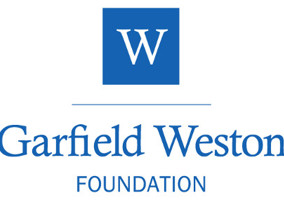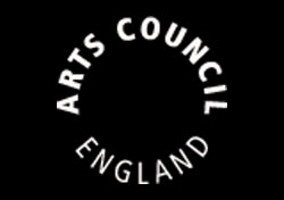Applying for grants can be “too complicated and bureaucratic” and is costing the sector £100m worth of staff time a year, new research suggests.
Speaking at the Institute of Fundraising’s Trust Fundraising Conference in London yesterday, Stephen Mallinson, chief executive of Localgiving, presented a “sneak preview” of new research into grant-giving on behalf of the Smarter Grants Initiative.
Mallinson said SGI’s survey had 500 charity respondents from across the United Kingdom and would be published in full at “some point in the spring”. The survey report made seven key findings and five recommendations.
99 per cent said applications 'overly complex'
The survey found that nearly all of the 500 charity respondents found the application process to be “overly complex” with 99 per cent of respondents saying they wanted it to change with standardised forms and centralised applications.
Some 83 per cent of respondents said that communications between themselves and grantmaking bodies was “a big problem” with many, particularly smaller organisations, responding that they often “felt completely lost during the application process and didn’t know where to turn for help”.
Respondents said that, particularly when applying for grants over £25,000, funders put “unrealistic expectations on delivery and disproportionate complexity in the application process”. A third of charity respondents also said that, when applying for larger grants, they felt that grant making bodies “don’t like being challenged” by applicants.
Indeed, SGI surveyed the respondents across 35 individual “facets” of the grant making process from initial application through to delivery and feedback, with charities saying that grant funders “didn’t meet or exceed expectations in any of them”.
While Mallinson said this seemed “to be quite a bleak picture of the grant making landscape we’ve painted”, he said that less than 10 per cent of respondents actively felt that “grant makers negatively impact their organisation”, and that only one in five believed that funders are “unwilling to learn from mistakes”.
Mallinson said that the final report would also “highlight” a number of “exemplary” grant making bodies when published in full in the spring.
Five key recommendations for grantmakers
The report also made five key recommendations to funders dealing with charities applying for grants.
These included: providing applicants with “substantial guidance notes and clearer points of contact” throughout the process, particularly in the case of unsuccessful applications; better harnessing “improved communication technology, including social media and apps” and allowing charities to conduct their own impact measurement.
Mallinson said the report was a step in the right direction, but said there was “still a lot of work to do” to improve the relationship between charities and grant makers, and said the survey didn’t contain “any quick fixes”.
Related Articles












